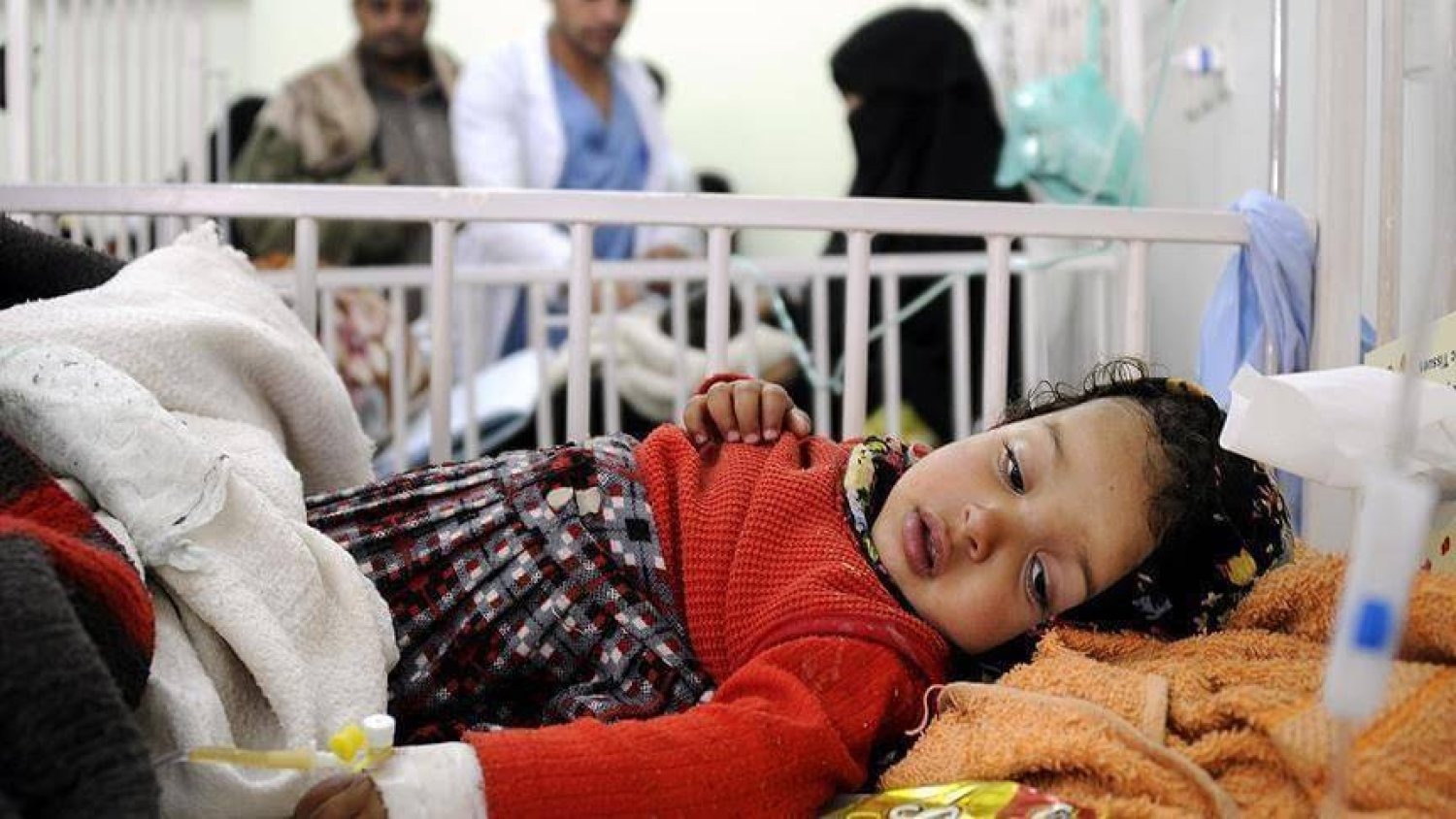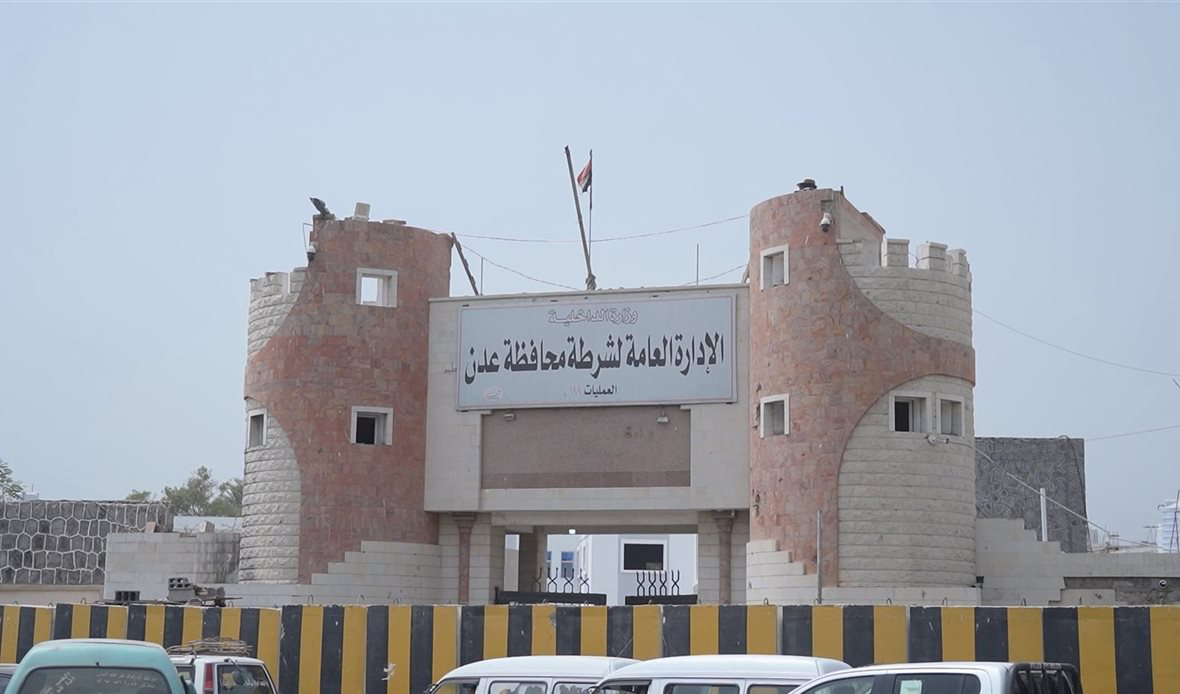
Barran Press
On Sunday, November 24, 2024, the United Nations Children’s Fund (UNICEF) reported that 20 Yemeni governorates have experienced outbreaks of cholera, also known as acute watery diarrhea.
In a report covering the period from July to September 2024, reviewed by Barran Press, UNICEF stated that by the end of September, more than 190,000 suspected cholera cases had been reported, along with over 720 related deaths.
The organization highlighted that the significant increase in recorded cases indicates ongoing gaps in responses to contain the outbreak. Key challenges include insufficient water and sanitation infrastructure, lack of funding, and the ongoing conflict.
According to UNICEF, the rise in cholera cases has been exacerbated by floods experienced in 2024, which have led to the spread of several waterborne diseases, including malaria and dengue fever, fueled by stagnant water and the proliferation of disease vectors.
Areas such as Al-Hudaydah, Al-Mahwit, and Taiz have faced severe impacts, including landslides, flash floods, and significant loss of life. The humanitarian response is challenged by access issues due to damaged roads and ongoing conflicts, making immediate support critically important as economic crises further exacerbate the situation.
The ongoing humanitarian crisis has heightened vulnerabilities among children and women, exposing them to exploitation, violence, and abuse. This has led to negative coping mechanisms such as gender-based violence, child marriage, and child labor.
UNICEF warned that educational losses and inequalities in access to education are likely to become irreparable without urgent, inclusive, and gender-sensitive educational opportunities for 6.2 million at-risk children and 7.3 million children in need of child protection services.
The international organization noted that the humanitarian working environment has deteriorated, particularly since the detention of UN humanitarian aid workers, NGO staff, and civil society members in June 2024.





